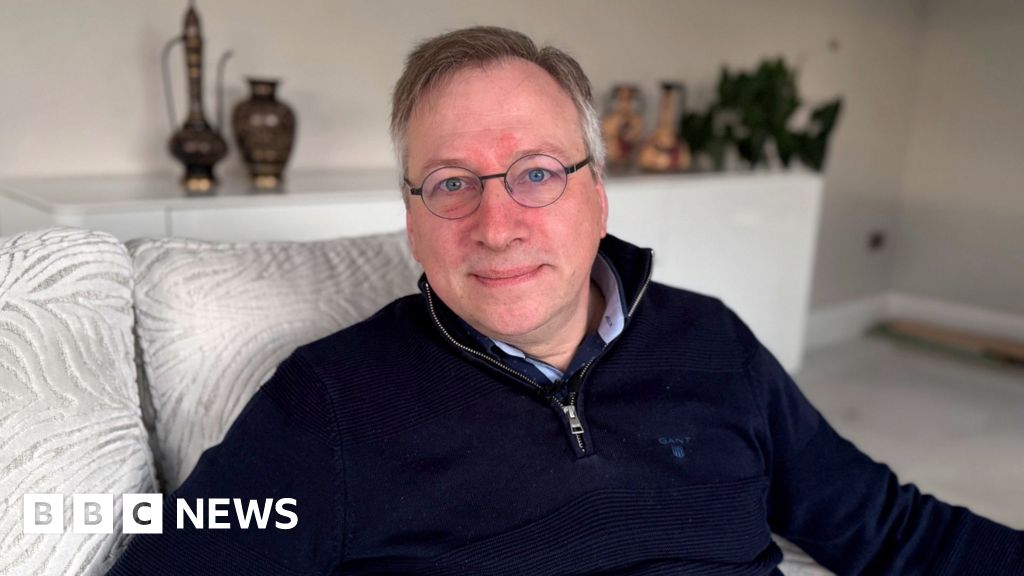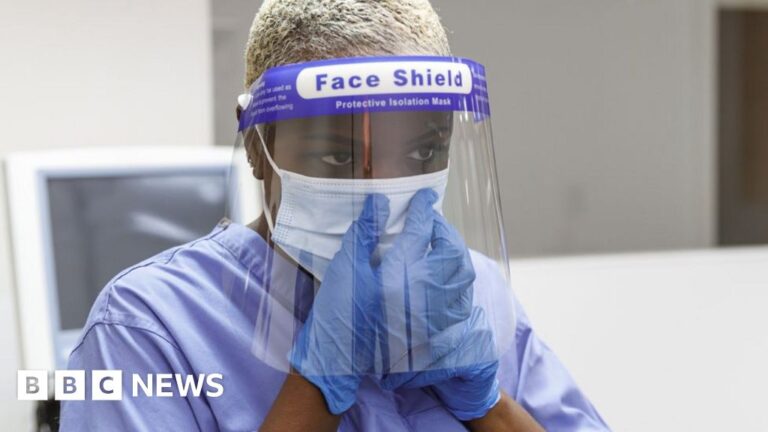Here is the result in plain text:
Dementia was not something Peter Alexander expected to be diagnosed with in his late 40s. It meant leaving his job and adapting to a new way of life. Now, aged 56, Peter is passionate about addressing the stigma around the condition often associated with elderly people.
Peter was 49 when he made an appointment with a neurologist and was sent for a scan. “I was starting to struggle to meet deadlines (at work), which had never been a problem before, and during meetings, I wouldn’t be able to think of a word when speaking,” said Peter, who is originally from England but has lived in Northern Ireland with his wife, Jill, for several years.
“I remember the date very clearly, it was 14 January 2018 when the results came back and the doctor said: ‘Peter, I have diagnosed you with having Frontotemporal dementia’.”
“Frontotemporal dementia is an uncommon type of dementia that causes problems with behaviour and language.”
“People think when you have dementia it’s only about forgetting things but it’s more complex, it can manifest in different ways.”
“I don’t want to be treated differently, it’s imperative that people… I still want to be able to go out and socialise and still want to be able to make decisions.”
“The film features members of Dementia NI. The group was set up in 2015 by five people living with dementia, but 10 years on they now have 15 groups across Northern Ireland.”
“The groups worked alongside the Southern and South Eastern health trusts when making the Hear Our Voice project.”
Dr Christopher Southwell, a consultant in Old Age Psychiatry in the Southern Trust, believes the film promotes a powerful message.
“Dementia is a condition that has a big impact on patients and their families and sometimes as healthcare professionals we acknowledge that there are things that can be done better.”
“When I got involved and eventually watched the film, it was important for me to be able to say to people like Peter and others behind the film that I do hear your voice and take on board what you’re saying.”
“Peter added: ‘When it comes to people like me with dementia, please don’t write us off, we have a voice, dementia doesn’t define us’.”
Source link




